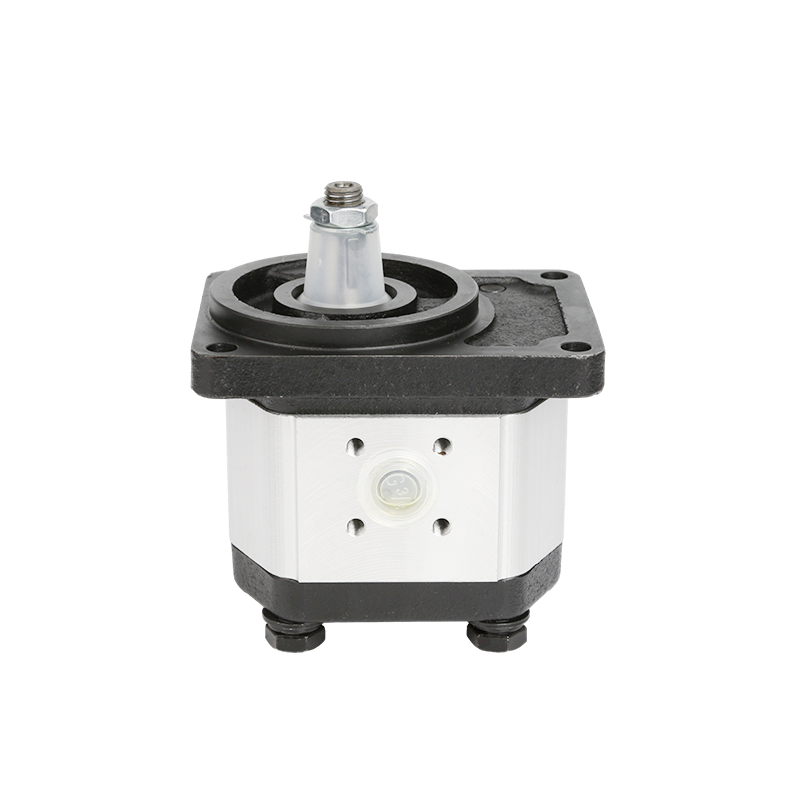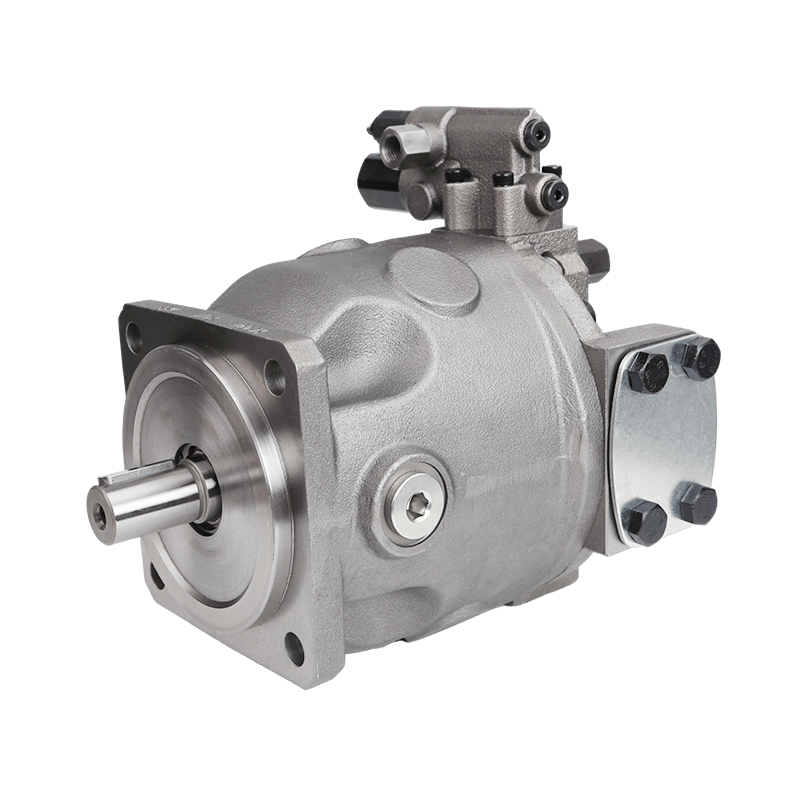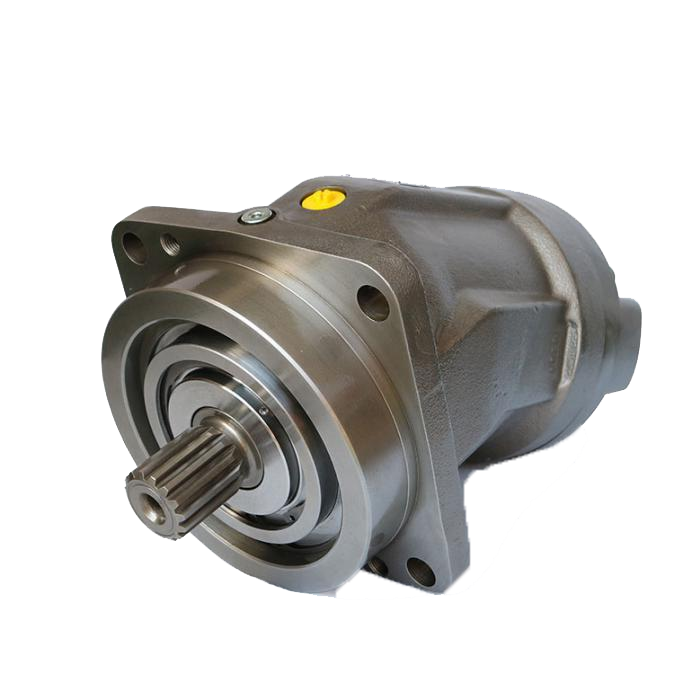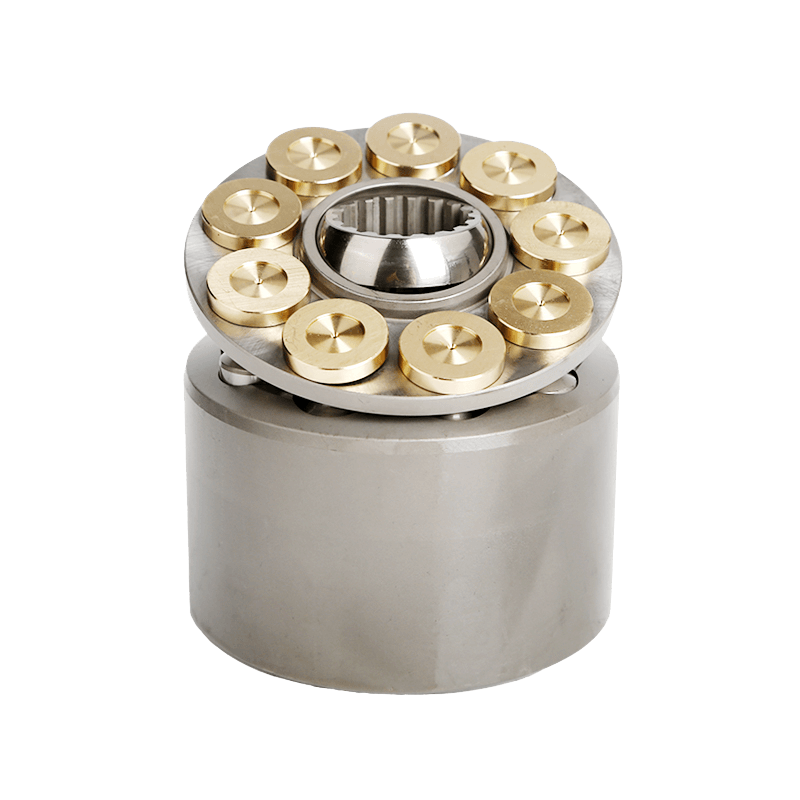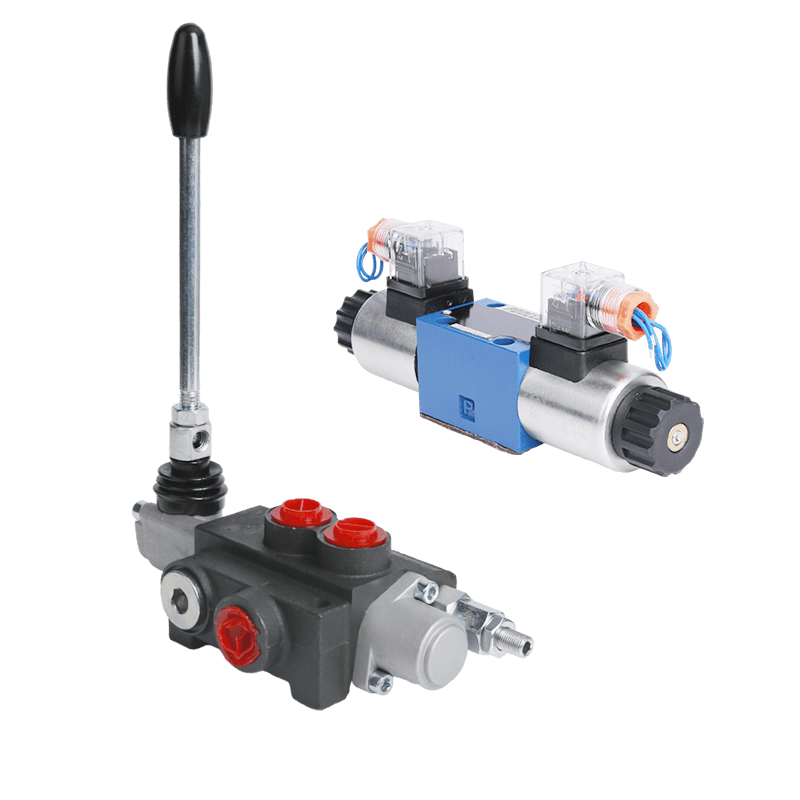Hydraulic Pumps for Tractors and Farm Machinery: Operation and Applications
Hydraulic pumps are key parts in tractors and farm machinery. They are vital for sending power to do many farming jobs. These pumps are crucial for tractors and other farm tools. This article explains how they work. It covers their types. It also discusses their roles in tractors. Plus, it highlights features of specific hydraulic pump systems.
Deciphering How a Hydraulic Pump Works
A hydraulic pump changes engine energy and spinning power into water energy. This energy comes as pressure and liquid flow. The process moves liquids in a closed system. This is important for running various parts in farm tools. This change lets water tools and attachments work. It’s essential for modern farm machinery.
Different Types of Hydraulic Pumps: Gear, Pistons
There are two main types of hydraulic pumps used in farming:
- Gear Pumps: These pumps use two spinning gears to move liquid. They are liked for their simple design. They cost less. Gear pumps are used a lot. They are reliable. They are easy to care for.
- Piston Pumps: These pumps work with pistons in a round block. The block spins or moves back and forth. They handle higher pressures. They save more energy. Piston pumps are great for jobs needing exact control and strong performance.
Understanding the Role of Hydraulic Pump in a Tractor
In tractors, hydraulic pumps are very important. They power extra systems. The hydraulic pump mainly runs steering systems. It also powers other water tools. It ensures smooth work for attachments like front-end loaders, backhoes, or plows. Without a good hydraulic pump, these tools wouldn’t work well. This would limit the tractor’s flexibility.
The Hydraulic Hand Pump: How Does It Work?
Manual hydraulic pumps are used for jobs needing less power. They work by moving a lever or handle by hand. This moves liquid through the system. It does light tasks. This pump is often used for small jobs. It’s also used as a backup when powered systems aren’t available.
Features and Benefits of the Electric Hydraulic Pump
Electric hydraulic pumps use an electric motor to work. They are used when the tractor engine can’t be used. This happens in tight spaces or quiet places. Key benefits include:
- Steady Power Supply: Electric motors give constant performance. They don’t rely on engine power.
- Efficiency: These pumps work well for ongoing tasks.
- Flexibility: They are good for jobs needing exact control over pressure and flow.
Electric hydraulic pumps are very popular. They are reliable. They fit many farming situations.
Hydraulic pumps are vital in modern farming. They ensure machinery works smoothly for many tasks. From hand pumps to advanced electric systems, each type has special benefits. They meet specific needs.
The Importance of the Seal in a Hydraulic Pump
The seal in a hydraulic pump is a crucial part. It ensures the system works well. It keeps things reliable. Seals stop liquid from leaking. They maintain pressure inside parts. A worn or broken seal can cause big problems. These include pressure loss and lower performance. It can also harm other water parts. Checking seals regularly is necessary. This avoids work interruptions.
High-quality seals are made to handle tough conditions. These include high heat and pressure. They also keep dirt out of the water system. Dirt could harm how it works. Choosing the right seal material for the job improves the pump’s life. It also makes it work better.
Testing and Repairing Your Hydraulic Pump: A Practical Guide
Testing and fixing a hydraulic pump involves several steps. These ensure it works at its best. To test a pump, measure its output pressure. Use a pressure gauge. Also, check its flow rate. This ensures it meets the maker’s standards. Repairs can be simple, like swapping seals. Or they can involve rebuilding the whole pump.
When fixing, use original parts or high-quality replacements. This keeps the system strong. Cleanliness during repairs is very important. Even tiny dirt can affect performance. After fixes, test the pump again. Do this under working conditions. This confirms it works right.
How to Size a Hydraulic Pump Correctly?
Sizing a hydraulic pump right is key for smooth operation. It avoids extra wear or failure. The main factors are the needed flow rate, system pressure, and power input. Sizing depends on the pressure and flow the job needs.
Calculating the displacement helps decide the pump type. You might need a gear pump, piston pump, or vane pump. Too-big pumps use extra energy. Too-small pumps might fail under heavy loads. Talking to experts or using maker tools can make this easier.
Installing a Hydraulic Pump on a Splitter or Trailer
Installing a hydraulic pump on tools like splitters or trailers needs care. This ensures safe and good operation. Start by picking a pump that matches the tool’s water needs. Check flow rate and pressure capacity. Secure mounting is vital. It prevents shakes that could harm the pump or nearby parts.
After installation, bleed the system properly. This removes air. Air can hurt performance or cause failure. Regular upkeep checks after installation keep things working well over time.
Why Choose POOCCA
POOCCA is a top leader in the industry. They focus on quality, new ideas, and happy customers. Started in 2006, POOCCA Hydraulic (Shenzhen) Co., Ltd. has over 20 years of experience. They offer complete water solutions. Their products include gear pumps, piston pumps, motors, valves, and parts. These suit jobs in building, farming, and material handling.
Their facilities cover over 8,000 square meters. They use advanced tools like CNC gear grinders and auto inspection systems. POOCCA ensures precision and quality in every product. Their team of over 300 workers, including 70 sales experts, gives great service worldwide.
POOCCA’s commitment goes beyond products. Their pre-sale advice helps customers pick the right solutions. Their after-sale support includes warranties and repair help. This ensures customer happiness. Choosing POOCCA means getting strong products. It also means getting technical skills and excellent customer care.

